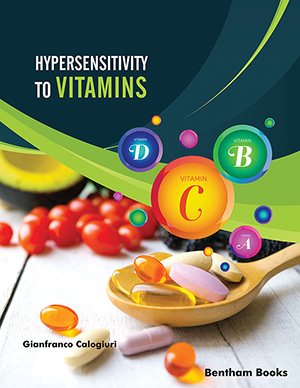Abstract
Enormous progress in the investigation of vitamin D is currently being made from the perspective of basic science to clinical medicine. The typical view of vitamin D function limited to calcium metabolism and bone homeostasis has undergone extensive revision and it has been revealed that vitamin D receptors exist in most tissues of the body. Nowadays, one of the most popular aspects of vitamin D in research area is its role in glucose metabolism and insulin resistance. The functional mechanism of vitamin D in metabolism includes genomic and rapid non-genomic actions that are discussed in this review. Briefly, the modulatory action of vitamin D in the gene expression of insulin signaling compartments and secretion of insulin hormone may point to its role in the pathogenesis and development of type II diabetes. Vitamin D induced activation of the PI3K/AKT pathway is through PTEN-mediated AKT downregulation. Also, allelic variations in VDR and DBP might affect insulin secretion and diabetes occurrence. Vitamin D influences insulin secretion from β-cell through calcium-dependent endopeptidases, which promotes the conversion of pro-insulin to insulin; hence it can be declared that calcium and vitamin D are essential for insulin exocytosis. Hypovitaminosis D in obese individuals is also associated with higher levels of serum parathormone, through which this secondary hyperparathyroidism probably contributes to insulin resistance associated with obesity. Moreover, vitamin D is an immune modulator that may affect inflammation as a contributor to diabetes.
Keywords: Vitamin D, calcium, glucose metabolism, insulin resistance, PI3K/AKT pathway, GLUT4, insulin signalling.






















